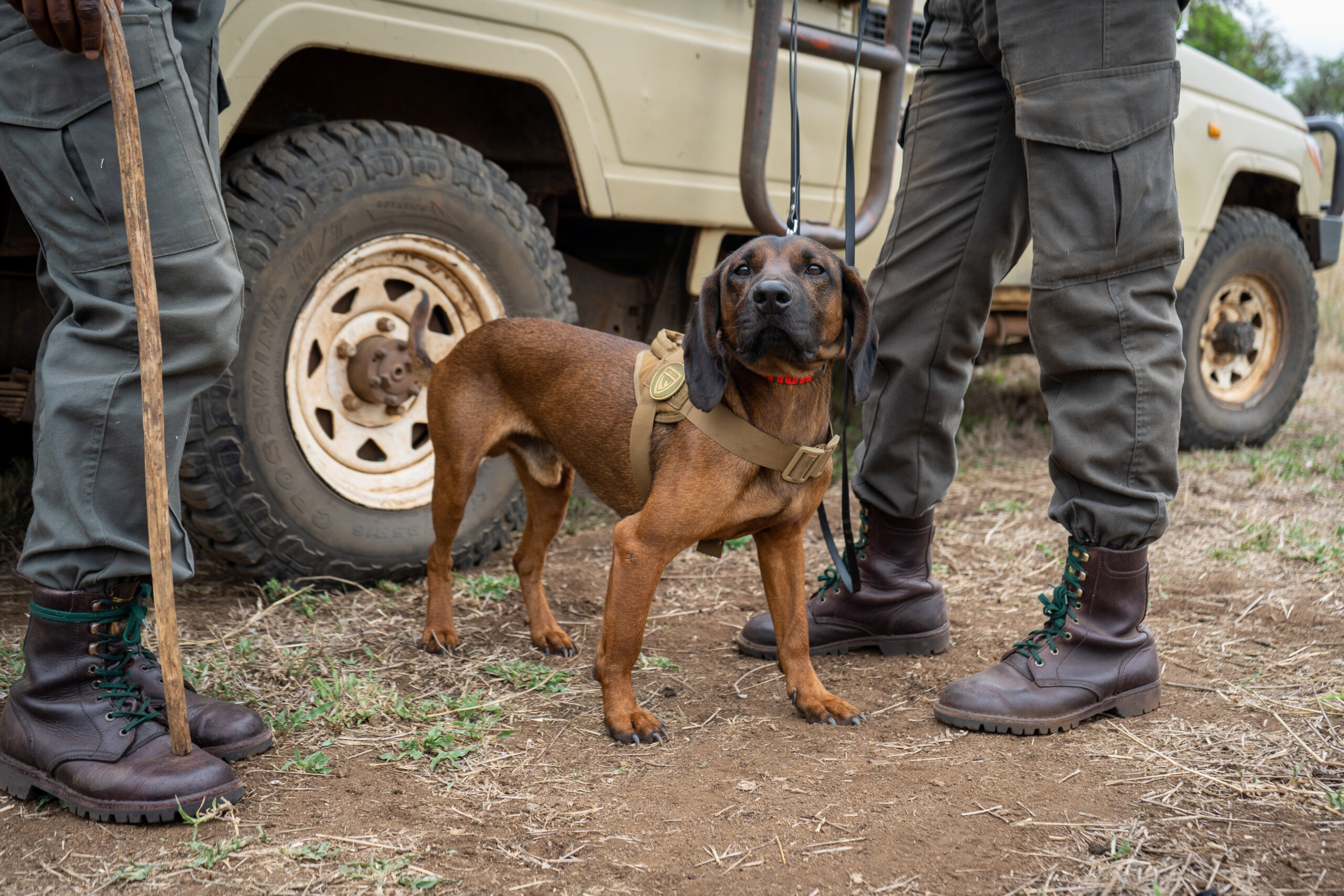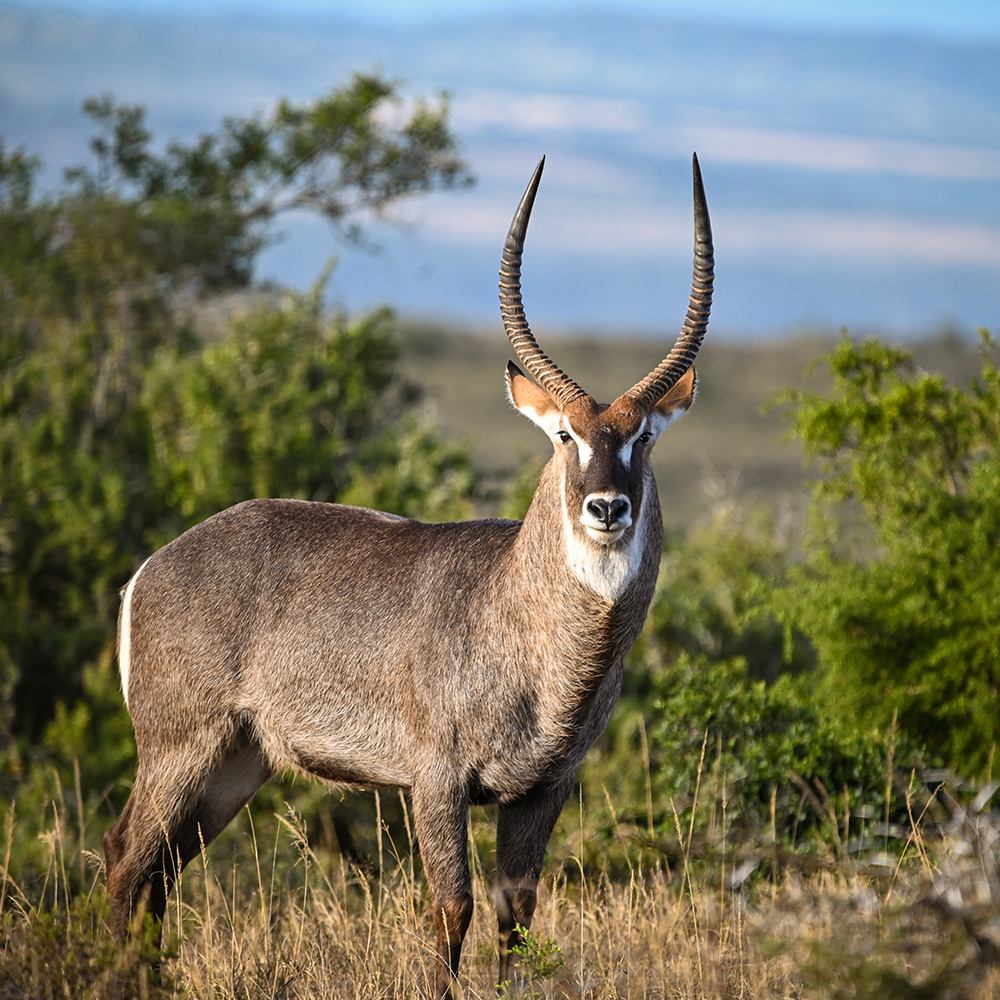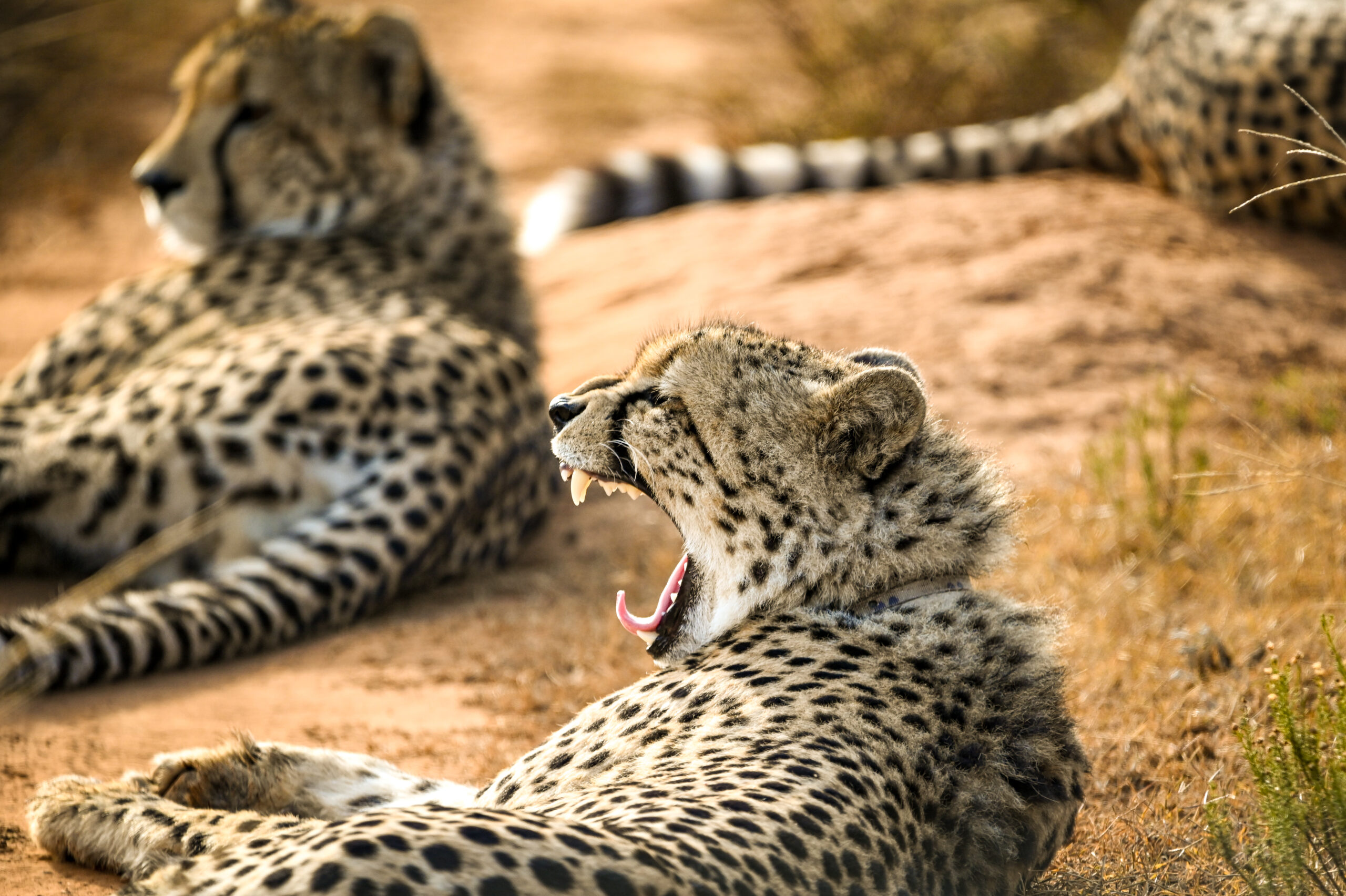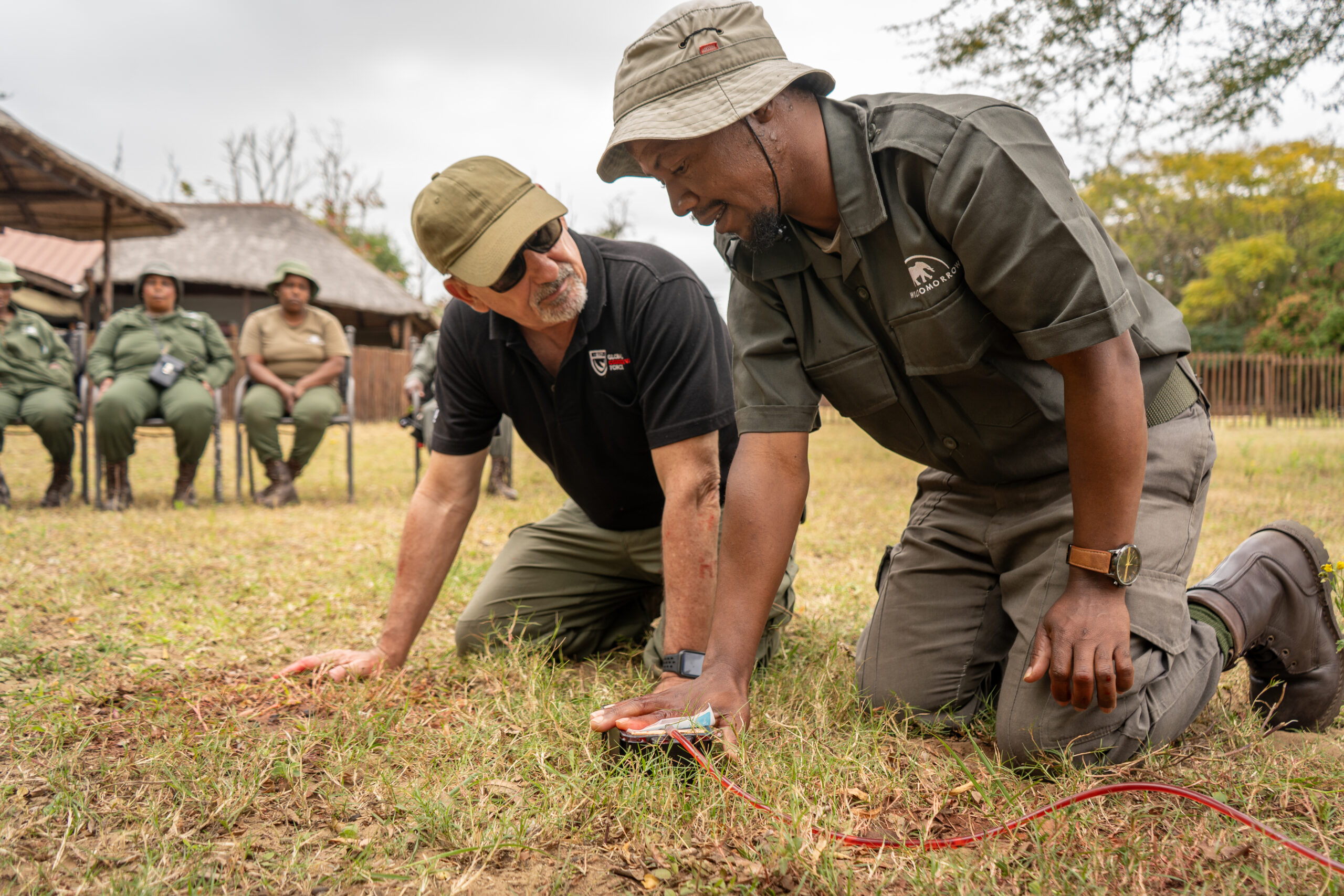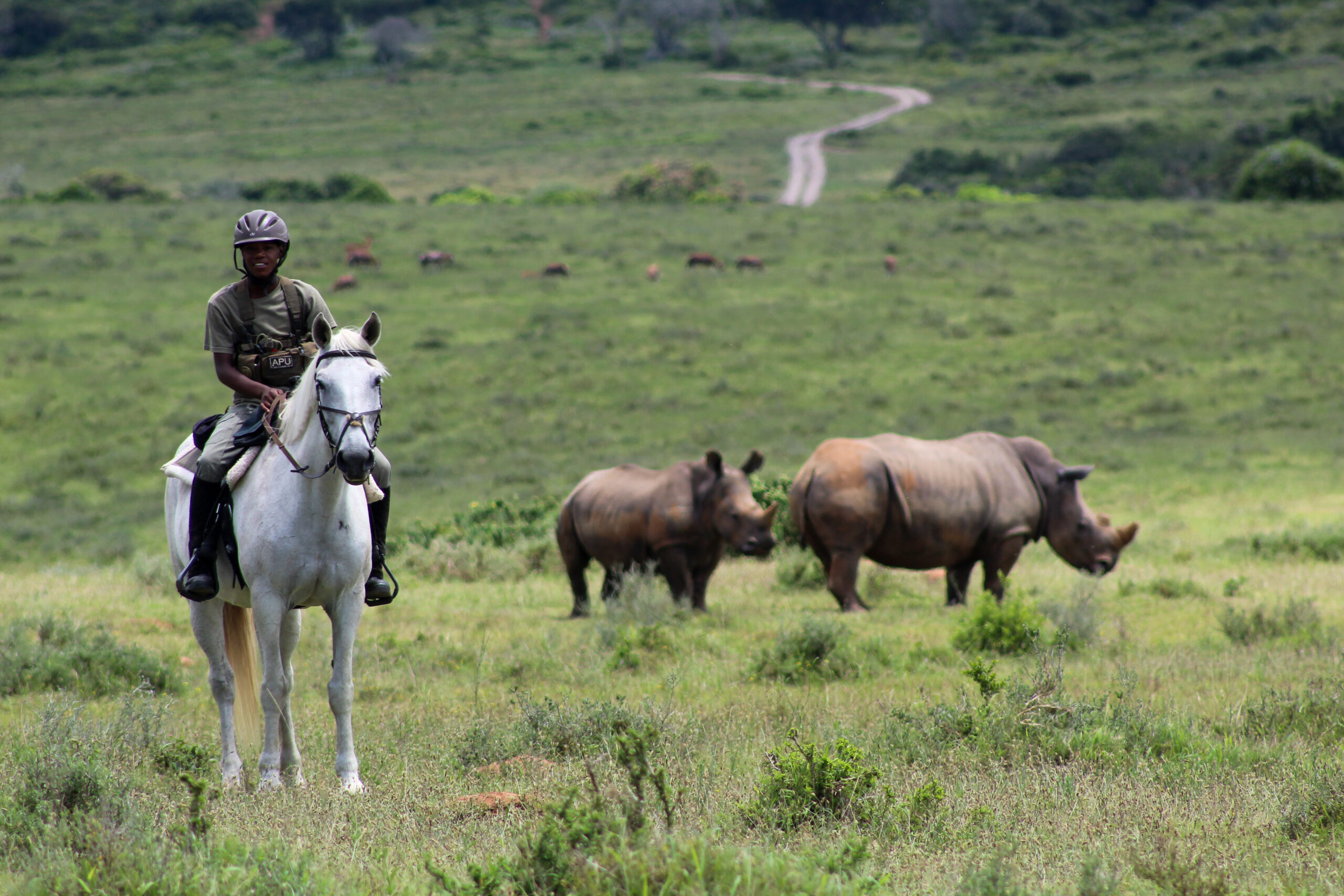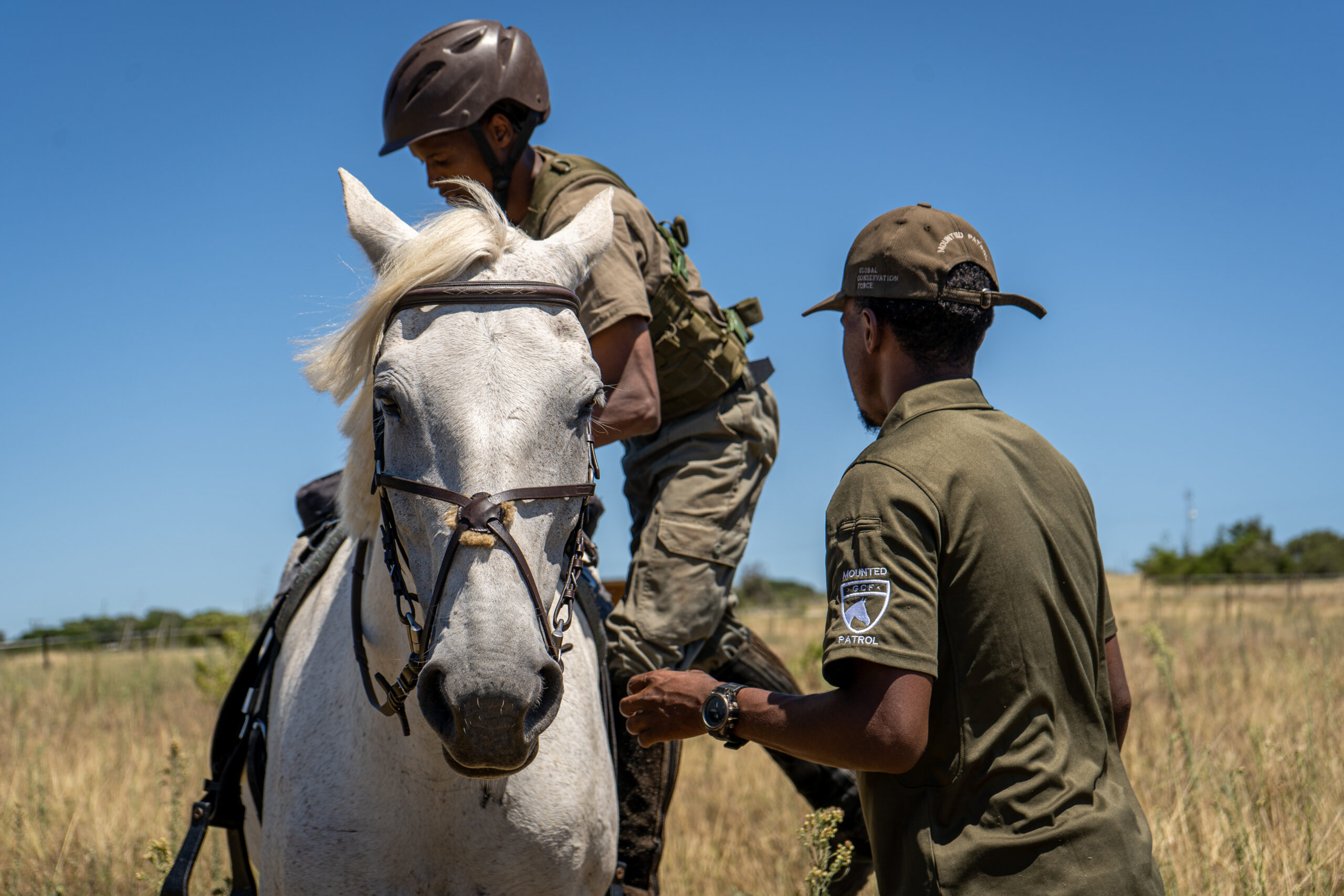Global Conservation Force’s
Anti-Poaching Efforts
Global Conservation Force (GCF) is deeply committed to combating wildlife poaching, particularly in regions heavily impacted by the illegal trade in elephant ivory, rhino horn, and pangolin scales. GCF's approach involves a multi-faceted strategy that utilizes a variety of resources and tactics to maximize impact.
One of the key components of GCF's anti-poaching efforts is its team of highly skilled instructors. These instructors are experts in their field, providing essential training to both local communities and established anti-poaching units. By equipping individuals with the necessary skills and knowledge, GCF empowers them to effectively patrol and protect wildlife in their natural habitats.
GCF also deploys small embedded teams to critical areas where poaching is prevalent. These teams work closely with local authorities and communities to conduct patrols, gather intelligence, and respond swiftly to poaching threats. By operating in this manner, GCF is able to provide targeted support where it is most needed, enhancing overall wildlife protection efforts.
In addition to human resources, GCF also utilizes highly trained K9 units in its anti-poaching operations. These dogs are trained in tracking, scent detection, and apprehension, making them invaluable assets in locating poachers and deterring illegal activities. The use of K9 units significantly increases the effectiveness of patrols and helps to maximize the impact of GCF's conservation efforts.
Overall, GCF's approach to anti-poaching is focused on building capacity and empowering local communities to take an active role in wildlife protection. By providing training, deploying embedded teams, and utilizing K9 units, GCF is able to force multiply its efforts and make a significant impact in the fight against poaching.
What is an Anti-Poaching Ranger?
An anti-poaching ranger is a trained personnel hired to defend wildlife in their most vulnerable state out in their natural habitats. Anti-poaching rangers work on teams called Anti-Poaching Units (APUs).
Unfortunately, many animals are at risk in their natural habitats as they can be poached for elements such as their horns, tusks, or skin, which can then be bartered at a high value on the black market. Specifically, rhino horn and elephant ivory are high in demand as they are used as a status symbol or for traditional medicine.
How do anti-poaching units help?
Anti-poaching teams are specially trained in tactical defense to locate poachers and stop them in their tracks (literally!). Anti-poaching rangers work on the frontlines to protect endangered species, such as rhino, giraffe, and elephant. They also protect a variety of lesser-known threatened species who live within the same habitats. If anti-poaching units can begin to work in more remote areas where species preservation is needed the most, we can ensure that wildlife will be protected for future generations to come.
What can we do?
It’s simple! Global Conservation Force offers ways for you to directly support our ranger training and gear sponsorship efforts, for rangers around the world! Your support helps teams who are in need of support in order to continue to fight on the front lines to end extinction. Sponsorships go towards a variety of goods such as anti-poaching gear, canine unit sponsors, and training courses to help better prepare the rangers for their missions. In addition to being able to personally sponsor a ranger, sign up for updates, and you will be provided to keep you informed on how the rangers are progressing within their teams and how your contributions have made a difference!
Tactical Response Anti-Poaching Rangers
Daily Tasks: Anti-Poaching Rangers that are a part of a “Tactical Team” must be available to go anywhere at any time to do anything. The “Tactical Rangers” stand at the ready to assist fellow Rangers and to supplement patrolling reach with the aid of a vehicle. As well as becoming a mobile roadblock and check station.
Gear Needed:
Same as the Scout Gear List plus the following:
- Spotlights
- Road Cones
- Spike Strips
- Spotting Scope
- Flares
- Megaphone
- Gunshot Residue Kit
- Flexicuffs
- Mass Causality First Aid Kit
- Stretcher
- Water Jugs
- Fuel Jugs
- Camo Netting
Anti-Poaching Unit Sergeants & Corporals
Daily Tasks: Sergeants and Corporals are the very backbone of any Anti-Poaching Unit. With their experience and countless time in the bush they lead their Scouts and direct their daily missions. Sergeants and Corporals must keep a foot in both the realms of Patrolling with the Scouts and Overseeing Operations. A task that takes its toll on the unprepared.
Gear Needed:
Same as the Scout Gear List plus the following:
- Tactical Rite In The Rain Brand Notebook and Cover
- Map Pens
- Laser Range Finder
- Gunshot Residue Kit
- Flexicuffs
- Ghillie Suit or Ghillie Blanket
Anti-Poaching Scouts
Daily Tasks: Scouts are the eyes and ears of the reserve, always in the bush their job is never finished. Scouts patrol during the day and night and gather intelligence about all the life on the preserve as well as anyone or anything that crossed through it. Being on the front line these men and women need durable lightweight gear to keep them going as long as possible.
Gear Needed:
- Quality US Milspec Boots
- Cushion Sole Socks
- Compact Lightweight Cooking System
- Lightweight Camping Tarp
- Compact Sleeping System
- Warming Layers
- Flashlight with Red Lens
- Headlamp with Red Light
- 500 Denier Backpack with Hydration Bladder
- Steel Water Bottle or Steel Canteen
- Fixed Blade Knife
- Lensatic Compass
- Tactical Sling
- Tactical Nylon Chest Rig or Patrol Belt
- Binoculars
- Digital Tactical Radio with Headset
- Handheld GPS
- Green Laser Pen
- Smart Phone
- Individual First Aid Kit
K9 Poacher Tracking Unit
Daily Tasks: Responsible for the training and handling of anti-poaching unit dogs to assist with successfully tracking and apprehension of poachers
Gear Needed:
- Lightweight tactical gear
- High quality boots
- Various leashes for the dogs
- Monthly vet bill coverage for the dogs (flea/ticks, minor injuries, supplements)
- Collapsible water bowls
- Single point slings for their weapons
- Working harness for the dogs
- Handheld GPS for tracking, Geo tagging
- Bite suit, arm piece for continued training
Anti-Poaching Crime Scene Investigation & Intelligence Analyst
Daily Tasks: Categorizes information, data and evidence to be properly used against poachers in court cases, first responder on a rhino crime scene
Gear Needed:
- Metal detector
- Tablet and Laptop for field
- High quality knifes
- Hand held GPS
- Smart phone
- Evidence collection kits
- Digital camera
- Budget for intelligence gathering and informant
- Caution tape
- Gloves for evidence collection
- Full body personal protective gear (rubber boots, smocks/ protective clothing, mask with respirator)
CONNECT
- P.O. Box 956 Oceanside, CA 92049
- info@globalconservationforce.com
- EIN 474499248
- Copyright 2024. All Rights Reserved. Powered by Wild Media.

